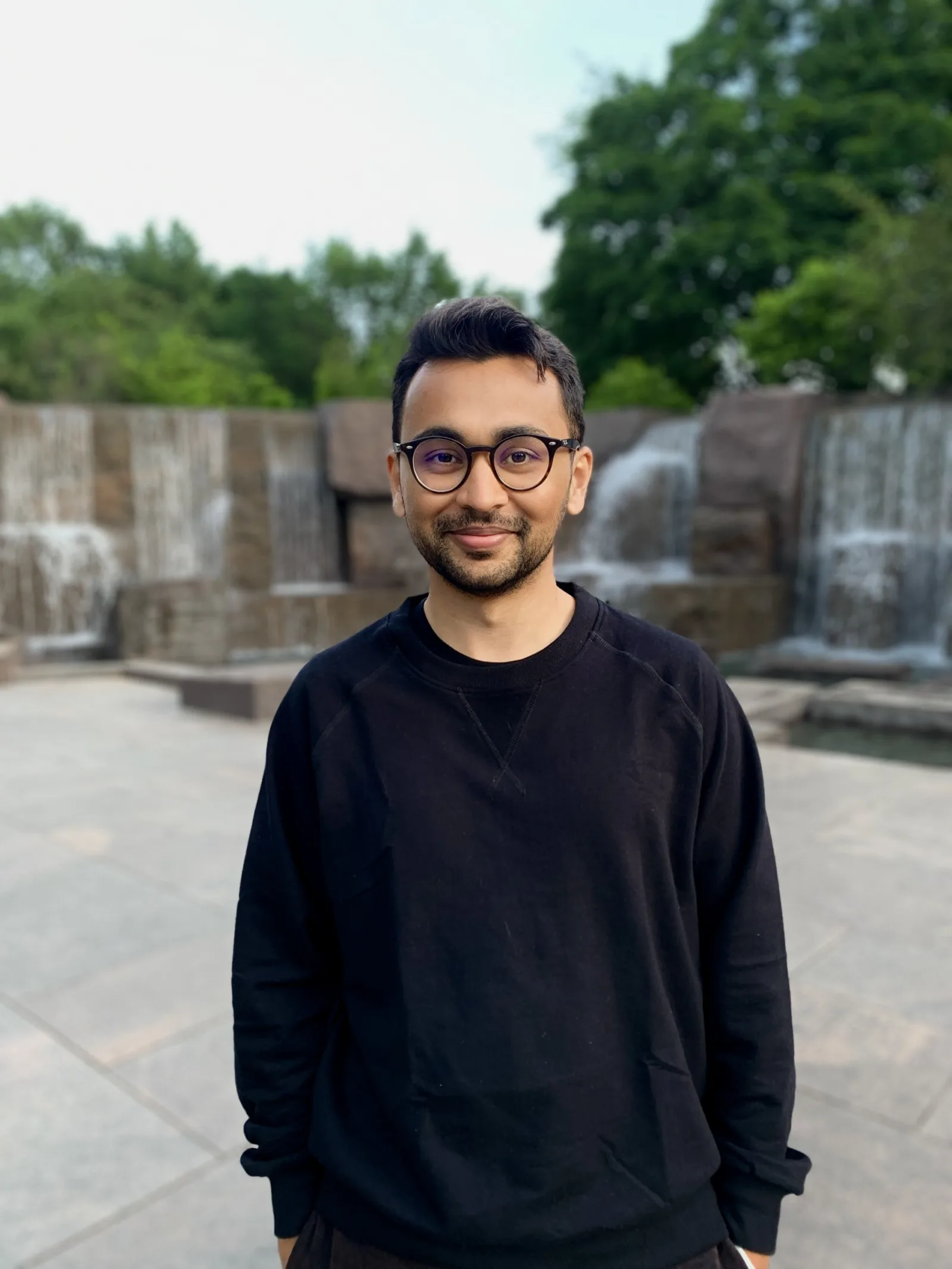Description
What can the making of medieval cities, particularly those involving substantial landscape engineering, tell us about the relationship between premodern makers and the environment? In my paper, I analyze the relationship between the makers and the environment at two medieval fortified cities in India: Daulatabad and Tughluqabad. Daulatabad is located in Deccan India, and Tughluqabad is one of the fortified cities of medieval Delhi. Both cities have a tripartite layout, and scholars have argued that “peripheral” Daulatabad was modeled after the more “centrally” located Tughluqabad in Delhi. Yet such an analysis has overlooked how the makers of these two cities altered the distinct and different ecologies in which these cities were situated. In my paper, I challenge the “center-periphery” relationship between Daulatabad and Delhi and argue that interventions into the natural environment at Daulatabad had ramifications for the siting and the making of Tughluqabad in Delhi. More broadly, my paper explores the political and religious themes that emerged from altering the environment to make two major medieval Indian cities.
About the Speaker
Mohit Manohar is assistant professor of South Asian art in the Department of Art History at the University of Chicago. He is currently at work on his first monograph, Refracted Cities: Daulatabad and Delhi in Medieval India. His research articles and essays have appeared in Muqarnas, Archives of Asian Art, Journal of the Royal Asiatic Society, Routledge Critical Companion to Race and Architecture, among other venues, and he has presented his research at several venues in the U.S., Europe, and South Asia. Manohar is also a practising fiction writer and has received a PEN/Dau Prize for his creative work.
About the Premodern Studies Seminar
The Premodern Studies seminar provides a forum for new approaches to classical, medieval, and early modern studies, allowing scholars from a range of disciplines to share works-in-progress. Seminars are conversational and free and open to faculty, graduate students, and members of the public, who register in advance to request papers.
Register and Request Paper
This event is free, but all participants must register in advance. Space is limited, so please do not request a paper unless you plan to attend.
Register and Request Paper